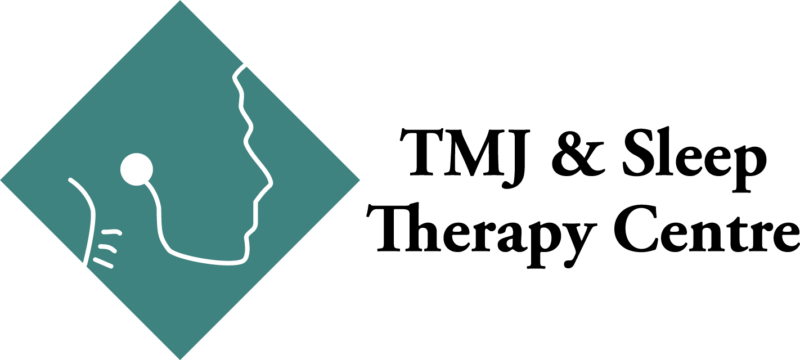Is your child inattentive and hyperactive? Do he or she have a quick temper? Those are sure signs of ADHD, right? One in 9 children was diagnosed with ADHD in the U.S. in 2011, a 42% increase from 2003.
But those are also symptoms of another pediatric problem – obstructive sleep apnea. Children who are awakened constantly throughout the night by breathing obstructions wake up fatigued and irritable, and present the same three most common symptoms as children with ADHD.
Let me be clear: I’m not proposing that all ADHD cases are really sleep problems.
I am proposing that children who exhibit these symptoms be tested for sleep apnea.
What is pediatric obstructive sleep apnea (POSA)? Children with this disorder have some obstruction to their breathing that prevents the passage of air during sleep. A lack of oxygen wakes them dozens of times a night, each time momentarily. It prevents them from reaching deep REM sleep and causes them to wake up tired and unrefreshed.
The most common causes of POSA are enlarged or inflamed tonsils and adenoids. Misaligned jaws, tongue and other structures of the mouth and throat are also associated with POSA.
The results can be disastrous for children throughout their lives. Poor sleep can lead to a host of symptoms including lower IQ, poor memory, obesity, diabetes, and heart disease.
Consequently, it is important to identify the signs that your child might be struggling with pediatric obstructive sleep apnea. Here are some of the bright red flags:
- Loud snoring – Not occasional snoring or light rattling, but nightly, unmistakable snoring that results from airway blockage. A real tell-tale sign is when that snoring is interrupted by gasping and snorting resulting from a complete blockage of the air passage. This is a strong indication that the child can’t breathe while sleeping and is waking constantly, albeit unconsciously. The American Academy of Pediatrics recommends that any child who snores regularly undergo a diagnostic sleep study.
- Headaches – Children diagnosed with migraines are more than 8 times more likely to have a sleeping obstruction. Children with chronic tension headaches are more than 15 times more likely to have a sleeping disorder. Clearly, if your child suffers from headaches, that is a sign that she might have obstructive sleep apnea.
- Bedwetting – Unless you know what to look for, it’s hard to make the connection between some of these signs and a possible cause. Yes, bedwetting is a bright, flashing sign that a child might have POSA. Secretions of the hormones that regulate the urge to urinate are disrupted by sleep apnea. If your child is potty-trained but still bedwetting, a sleep study may be warranted.
- TMJ pain and jaw joint squeaking – The TMJ is the joint below your ear where your lower jaw meets your mandible. Pain or squeaking in the joint is an indication that the jaws are misaligned. Pain and squeaking are issues in and of themselves, particularly for children, and they are a further signal that there may be breathing issues.
There are more symptoms associated with POSA, like ear infections and behavior issues. If your child has any one of these symptoms, you should talk to your doctor about a sleep study. If they have more than one of these symptoms, don’t wait. All the health problems afflicting your child may emanate from a single cause.
